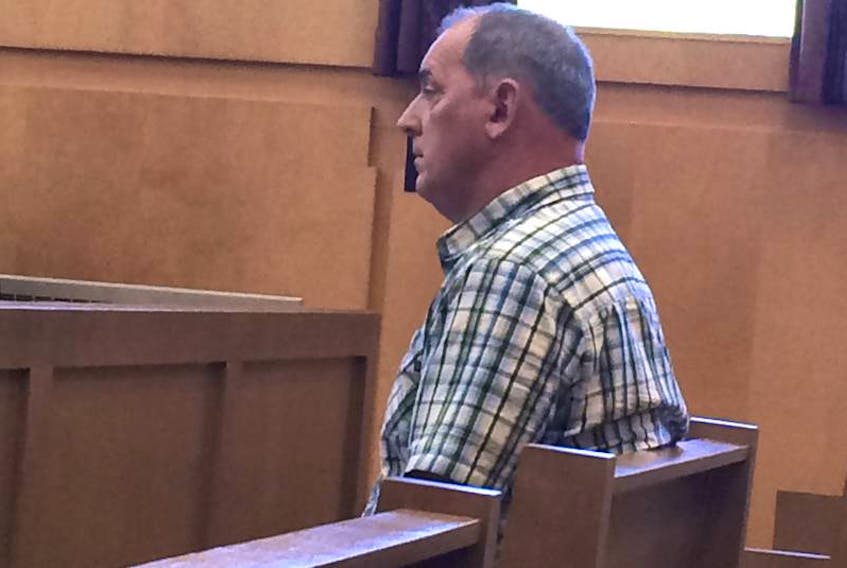ST. JOHN'S, N.L. — The Telegram
A former Newfoundland and Labrador English School District employee convicted of fraud and breach of trust two years ago has lost his appeal.
Two Newfoundland and Labrador Court of Appeal judges who heard Derek Newhook’s case agreed the appeal should be dismissed. A third said Newhook deserved an acquittal.
Newhook, a former operations manager for the school district’s depot in Burin, was convicted in July 2018 of two counts of fraud and one charge of breach of trust, after he directed staff at the depot to do work that benefitted him and a friend, not the school board. The work included the construction of a storage shed and a flatbed trailer, which bore a licence plate registered to Newhook, as well as work on a friend’s pickup. The shed and trailer were removed from school board property and relocated at an equipment yard owned by the friend.
Newhook had testified at trial that it wasn’t unusual for a shed to be removed from the depot site to await transport elsewhere, in an effort to keep the school bus yard clear. Upgrades to his friend’s truck, he said, involved parts paid for by the friend and labour paid for by the school district, which was reasonable since the upgrades were required “to assist the (school district) in its operations.”
Provincial court Judge Harold Porter found Newhook guilty of the three charges, saying he didn’t believe his evidence. He gave Newhook a suspended sentence and a year of probation and ordered him to pay just under $4,000 in restitution.
Newhook appealed his convictions on the grounds that Porter’s verdicts were unreasonable and not supported by evidence, and that the trial judge had misapprehended certain evidence.
His appeal was heard last November, and the three appeal judges released their decision last week. Two of them, Justice William Goodridge and Justice Gillian Butler, ruled Porter had not made any mistake when he convicted Newhook. The trial judge’s determinations of guilt were reasonable based on the evidence, they wrote, which had included Newhook’s own evidence.
“In the course of his reasons, the trial judge considered the alternative theory advanced by Mr. Newhook’s testimony and rejected it,” the two appeal judges wrote, noting Porter had explained why he was rejecting Newhook’s evidence, showing he had considered it.
“The verdicts reached by the trial judge are not unreasonable and are adequately supported by the evidence. There was no misapprehension of the evidence and no miscarriage of justice.”
One appeal judge, Justice Gale Welsh, disagreed and said Newhook deserved an acquittal.
“The reasons the trial judge gave for rejecting Mr. Newhook’s evidence do not withstand scrutiny,” she wrote in relation to the fraud charge.
Welsh noted there was no evidence the trailer and shed were used by Newhook or his friend, or that the school board had asked for them to be returned. The circumstantial evidence, she wrote, provided a reasonable inference other than fraudulent intent or guilt. There was no evidence that Newhook had intended to use his position with the school board for anything other than the public good, whether or not he had made poor management decisions.
“The trial judge erred by failing to apply the relevant principles required for the offences of fraud and breach of trust,” Welsh wrote.









